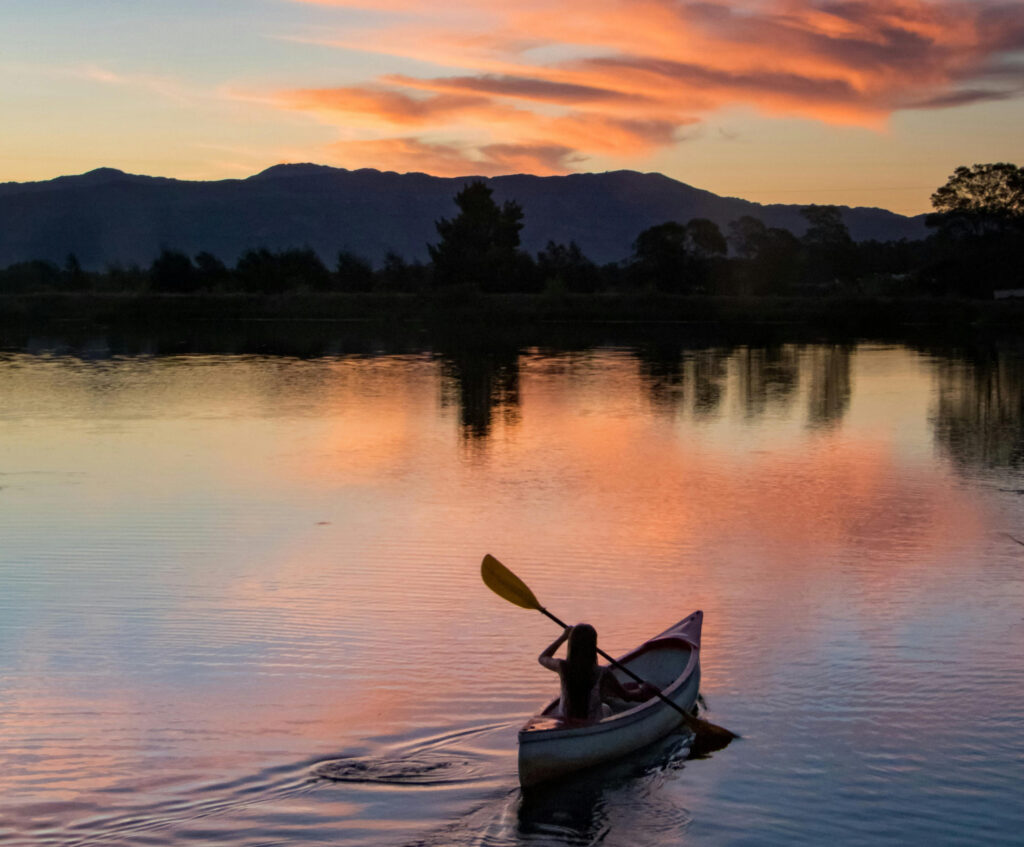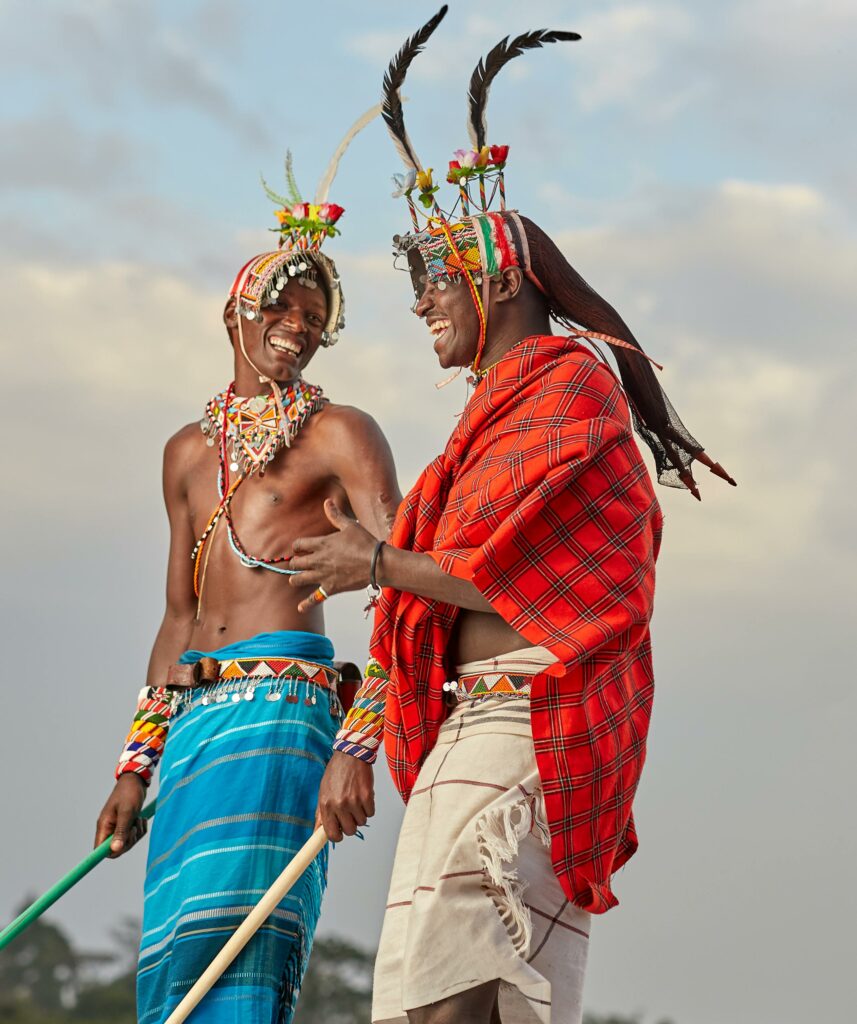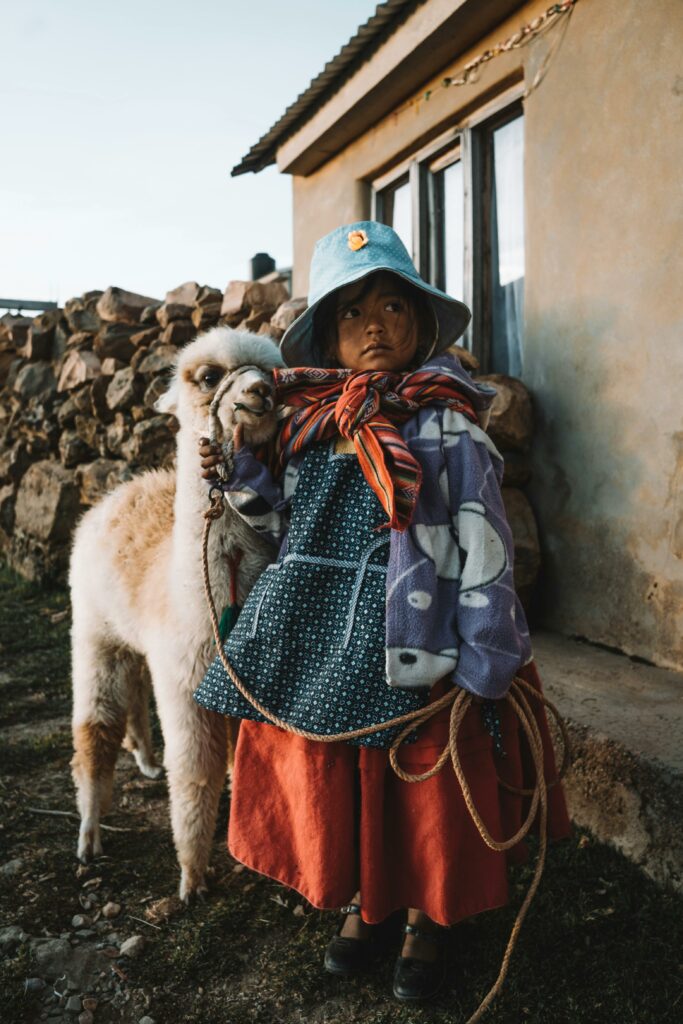By: Rubina Cohen

In a world increasingly challenged by climate change, social injustices, and a global pandemic, the ancient wisdom of Indigenous peoples offers a beacon of hope and a path forward. Central to many Indigenous cultures around the world are the values of reciprocity, respect, responsibility, and reverence for all living beings. These principles, deeply embedded in Indigenous ways of life, provide not just a framework for survival but a roadmap for thriving in harmony with the Earth and each other.
The Foundation of Reciprocity
Reciprocity is the practice of mutual exchange, a cornerstone of Indigenous economies and social structures. It transcends the mere transaction of goods and services, embodying a deeper recognition of the interconnectedness of all life. In Indigenous cultures, reciprocity is often expressed through the giving of gifts, not in expectation of receiving something in return but as an act of generosity that fosters community bonds and ensures the well-being of all members. This principle extends to the natural world, recognizing that humans must give back to the Earth as much as they take. Practices such as planting more than one harvest or participating in reforestation efforts exemplify this value, illustrating a sustainable way of living that modern societies can learn from.
Reciprocity in Practice: The Haudenosaunee Confederacy
The Haudenosaunee, embody the principle of reciprocity through their tradition of the Three Sisters garden. This agricultural practice involves planting corn, beans, and squash together, where each plant supports the others’ growth. The corn provides a structure for the beans to climb, the beans fix nitrogen in the soil to nourish all three, and the squash’s broad leaves shade the soil, reducing weeds and retaining moisture. This interdependent system reflects a deep understanding of reciprocity with the natural world, demonstrating that care for the environment directly supports human well-being.
*Source: Kimmerer, Robin Wall. “Braiding Sweetgrass: Indigenous Wisdom, Scientific Knowledge and the Teachings of Plants.” Milkweed Editions, 2013.*
The Principle of Respect
 Respect in Indigenous cultures is not limited to human interactions but includes all forms of life, from the smallest insect to the largest mammal, from rivers to mountains. This profound respect is based on the understanding that every element of the natural world possesses inherent value and plays a vital role in the web of life. Indigenous teachings often emphasize listening to and learning from the natural world, fostering a deep respect for its wisdom and intricacies. By adopting this value, humanity can move towards more sustainable and respectful ways of interacting with our planet, countering the exploitative and destructive tendencies of modern industrialization.
Respect in Indigenous cultures is not limited to human interactions but includes all forms of life, from the smallest insect to the largest mammal, from rivers to mountains. This profound respect is based on the understanding that every element of the natural world possesses inherent value and plays a vital role in the web of life. Indigenous teachings often emphasize listening to and learning from the natural world, fostering a deep respect for its wisdom and intricacies. By adopting this value, humanity can move towards more sustainable and respectful ways of interacting with our planet, countering the exploitative and destructive tendencies of modern industrialization.
Respect in Practice: The Maori of Aotearoa (New Zealand)
The Maori of Aotearoa (New Zealand) express profound respect for all forms of life through their concept of “kaitiakitanga,” which translates to guardianship and protection. This principle is a way of managing the environment, based on the understanding that humans are deeply connected to the land and sea and all their inhabitants. An example of this respect in action is the legal recognition of the Whanganui River as a living entity, with the same rights as a human being. This landmark decision reflects the Maori worldview that the river is an Ancestor and a living being deserving of respect and protection.
*Source: Ruru, Jacinta. “The legal personality of New Zealand’s Whanganui River.” In “Environmental and Planning Law Journal,” 2014.*
The Duty of Responsibility
Responsibility in Indigenous worldview is closely linked to the concepts of stewardship and guardianship. It is the duty of each individual to care for the Earth and its resources, ensuring their availability for future generations. This long-term perspective challenges the short-termism prevalent in much of modern society, where immediate gain is often prioritized at the expense of environmental and social health. Indigenous practices, such as rotational farming, controlled burning to manage land health, and the establishment of protected areas, exemplify this commitment to responsibility. Embracing this principle could guide humanity toward more sustainable development models that honor our duty to both current and future generations.
Responsibility in Practice: The Indigenous Peoples of the Amazon Rainforest
Indigenous peoples of the Amazon Rainforest, such as the Yanomami and the Kayapo, demonstrate the duty of responsibility through their sustainable living practices and fierce defense of their land against deforestation and exploitation. These groups use traditional knowledge to manage biodiversity, practice shifting cultivation to prevent soil depletion, and set aside conservation areas within their territories. Their efforts to protect the Amazon, a crucial carbon sink for the planet, exemplify their deep sense of responsibility not only to their own future generations but to the global community.
*Source: Albert, Bruce, and Alcida Rita Ramos, eds. “Pacific Conservation Biology,” concerning Indigenous strategies for the conservation of the Amazon rainforest, 2018.*
Reverence for All Living Beings
 While not explicitly stated in the topic, reverence is an underlying theme that ties the values of reciprocity, respect, and responsibility together. It speaks to a profound sense of awe and admiration for the complexity and beauty of life. Indigenous cultures teach that every creature and object, from the smallest pebble to the vast ocean, is imbued with spirit and life. This reverence is a powerful antidote to the alienation and disconnection many feel in the modern world. It invites us to reconnect with the natural world in a meaningful way, recognizing our place within it, not as dominators but as participants in a grand, interconnected system.
While not explicitly stated in the topic, reverence is an underlying theme that ties the values of reciprocity, respect, and responsibility together. It speaks to a profound sense of awe and admiration for the complexity and beauty of life. Indigenous cultures teach that every creature and object, from the smallest pebble to the vast ocean, is imbued with spirit and life. This reverence is a powerful antidote to the alienation and disconnection many feel in the modern world. It invites us to reconnect with the natural world in a meaningful way, recognizing our place within it, not as dominators but as participants in a grand, interconnected system.
Reverence for All Living Beings in Practice: The Ojibwe (Anishinaabe) Peoples of North America
The Ojibwe (Anishinaabe) peoples of North America embody reverence for all living beings through their practice of the “Honouring the Gifts” ceremony and their teachings about the sacredness of all life. This worldview is encapsulated in the concept of “All My Relations,” which recognizes that all elements of creation are interconnected and worthy of respect and care. An example of this reverence is the Ojibwe’s sustainable harvesting practices, such as the careful gathering of wild rice (manoomin) in a way that ensures its continued abundance and health, reflecting a deep gratitude and reverence for the plant’s gift.
*Source: Benton-Banai, Edward. “The Mishomis Book: The Voice of the Ojibway.” University of Minnesota Press, 1988.*
The Significance Today
The principles of reciprocity, respect, responsibility, and reverence offer a holistic approach to addressing the multifaceted crises facing humanity today. By looking to Indigenous wisdom, societies can develop more sustainable, equitable, and compassionate ways of living. These values encourage a shift from exploitation to collaboration, from extraction to regeneration, and from indifference to empathy. In a time when humanity’s relationship with the Earth is at a critical juncture, the adoption of these Indigenous values could be pivotal in ensuring the survival and flourishing of all life on our planet.
Further, the examples shared from various Indigenous groups across the globe illustrate how the values of reciprocity, respect, responsibility, and reverence for all living beings are not only philosophical ideals but are actively lived and implemented through concrete actions and legal frameworks. They offer valuable lessons for contemporary society in fostering a more sustainable, equitable, and compassionate relationship with our planet.
In conclusion, the Indigenous values of reciprocity, respect, responsibility, and reverence for all living beings are not just moral principles but practical strategies for survival and well-being. As humanity grapples with unprecedented challenges, these ancient wisdoms light the way to a more sustainable, just, and harmonious world. By embracing these values, we can craft a future that honors the interconnectedness of all life, ensuring the well-being of the Earth and its myriad inhabitants for generations to come.



